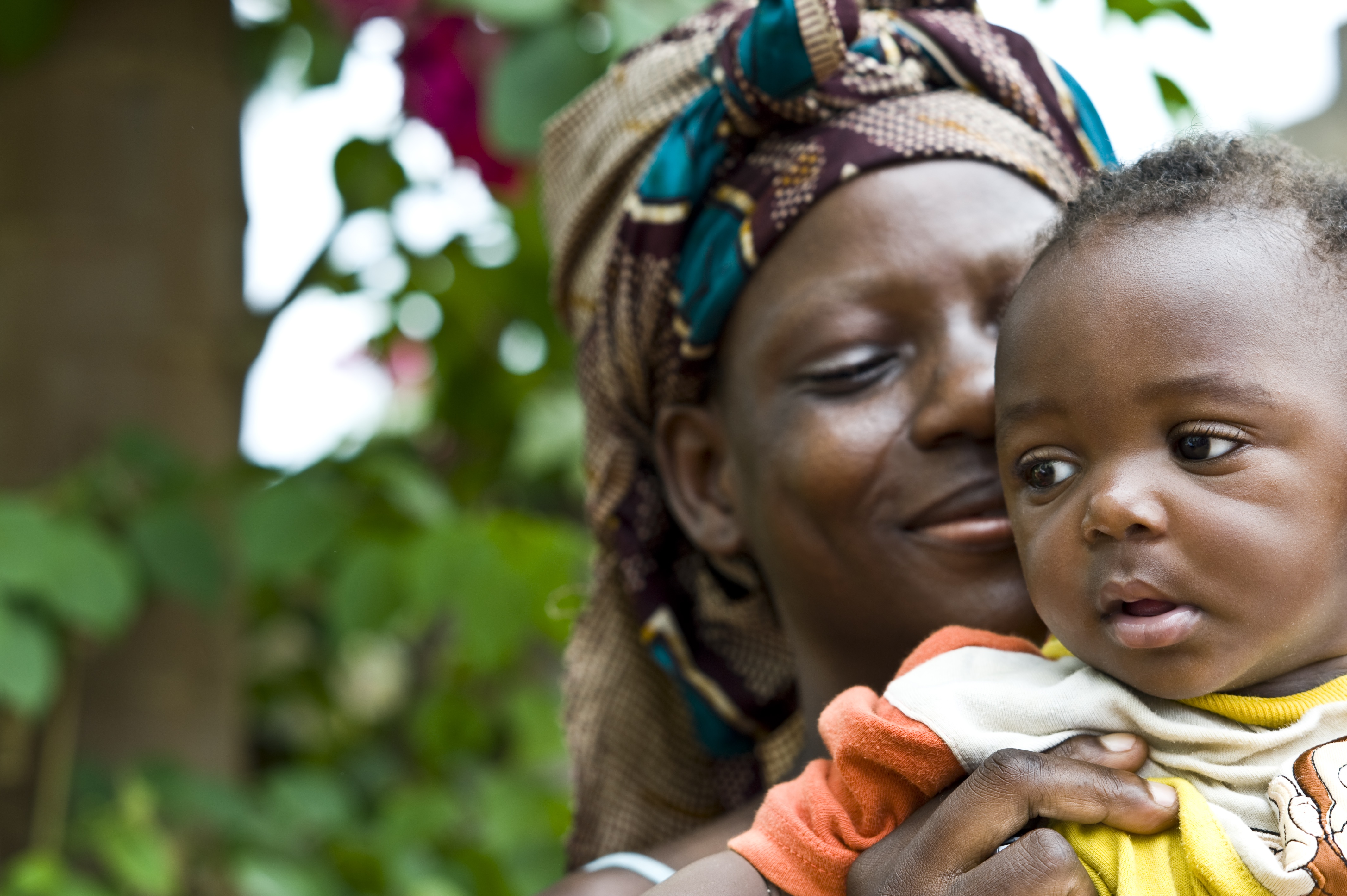
By Claire Niala for The Natural Child Project
I was born and grew up in Kenya & Cote d’Ivoire. Then from the age of fifteen I lived in the UK. However, I always knew that I wanted to raise my children (whenever I had them) at home in Kenya. And yes, I assumed I was going to have them. I am a modern African woman with two university degrees and I am a fourth generation working woman – but when it comes to children, I am typically African. The assumption remains that you are not complete without them; children are a blessing it would be crazy to avoid. Actually the question does not even arise.
I started my pregnancy in the UK. The urge to deliver at home was so strong that I sold my practice, setup a new business and moved house / country within five months of finding out I was pregnant. I did what most expectant mothers in the UK do – I read voraciously: Our Babies, Ourselves, Unconditional Parenting, anything by the Searses – the list goes on. (My grandmother later commented that babies don’t read books – and really all I needed to do was “read” my baby). Everything I read said that African babies cried less than European babies. I was intrigued as to why.
When I went home I observed. I looked out for mothers and babies and they were everywhere (though not very young African ones – those under six weeks were mainly at home). The first thing I noticed is that despite their ubiquitousness it is actually quite difficult to actually “see” a Kenyan baby. They are usually incredibly well wrapped up before being carried or strapped onto their mother (sometimes father).
Even older babies already strapped onto a back are then further protected from the elements by a large blanket. You would be lucky to catch a limb, never mind an eye or nose. It is almost a womb-like replication in the wrapping. The babies are literally cocooned from the stresses of the outside world into which they are entering.
My second observation was a cultural one. In the UK it was understood that babies cry – in Kenya it was quite the opposite. The understanding is that babies don’t cry. If they do – something is horribly wrong and must be done to rectify it immediately. My English sister-in-law summarized it well. “People here” she said “really don’t like babies crying, do they?”
It all made much more sense when I finally delivered and my grandmother came from the village to visit. As it happened – my baby did cry a fair amount, and exasperated and tired, I forgot everything I had ever read and sometimes joined in the crying too. Yet for my grandmother it was simple – nyonyo (breastfeed her!). It was her answer to every single peep.
There were times when it was a wet nappy, or the fact that I had put her down, or that she needed burping that was the problem, but mainly she just wanted to be at the breast – it didn’t really matter whether she was feeding or just having a comfort moment. I was already wearing her most of the time and co-sleeping with her, so this was a natural extension to what we were doing.
I suddenly learned the not-so-difficult secret as to the joyful silence of African babies. It was a simple needs-met symbiosis that required a total suspension of ideas of “what should be happening” and an embracing of what was actually going on in that moment. The bottom line was that my baby fed a lot – far more than I had ever read about anywhere and at least five times as much as some of the stricter feeding schedules I had heard about.
Read the rest at The Natural Child Project.
About Leila
Leila is the founding editor of Baby and Blog. She splits her time between editing hair and culture site, Black Girl with Long Hair, whipping up butters at BGLH Marketplace, and writing here. She adores her husband and two kids, her parents and her friends. But she hates Chicago weather although she is slowly coming to peace with it...












